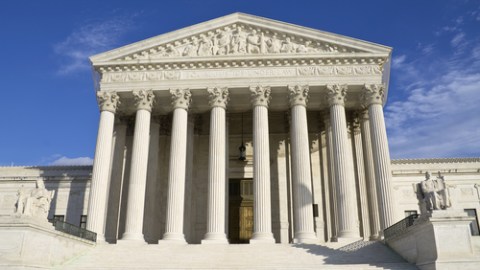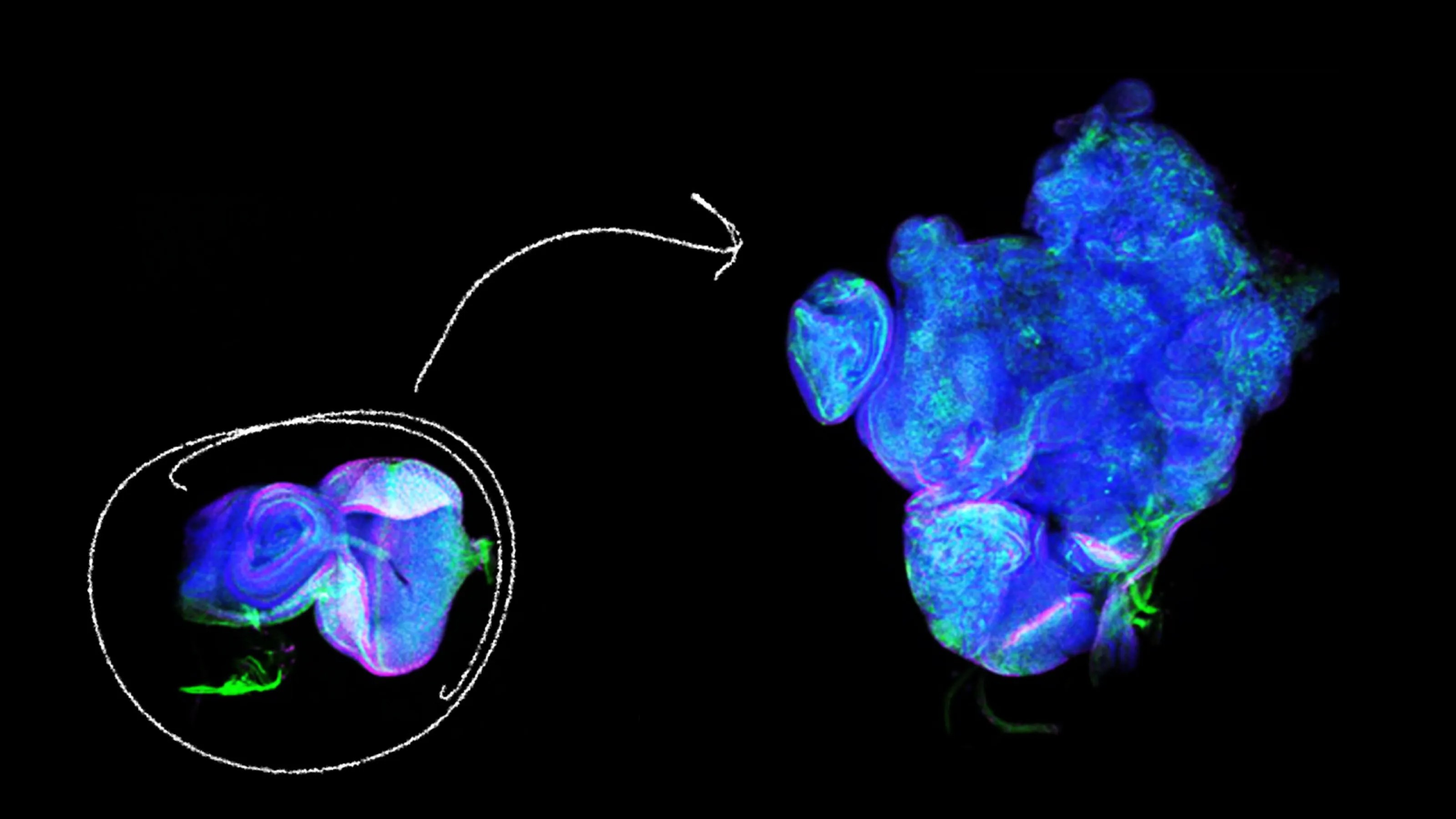Can Human Genes Be Patented? Supreme Court to Decide.

What’s the Latest Development?
The US Supreme Court has agreed to hear a case over whether individual human genes can be patented. The Court’s decision will uphold or overturn a decision made by the a divided federal appeals court in Washington. The three-judge panel ruled in favor of Myriad Genetics, a Utah company which holds patents on genes that correlate with increased risk of hereditary breast and ovarian cancer. “The isolated DNA molecules before us are not found in nature,” wrote Judge Alan D. Lourie, who was in the majority. “They are obtained in the laboratory and are man-made, the product of human ingenuity.”
What’s the Big Idea?
Patents held by Myriad Genetics have been challenged by doctors and medical researchers who argue that the company’s monopolistic right to certain genes inhibits beneficial research. “Myriad and other gene patent holders have gained the right to exclude the rest of the scientific community from examining the naturally occurring genes of every person in the United States,” the plaintiffs told the Supreme Court in their petition seeking review. “The legal question for the justices is whether isolated genes are ‘products of nature’ that may not be patented or ‘human-made inventions’ eligible for patent protection.”
Photo credit: Shutterstock.com





